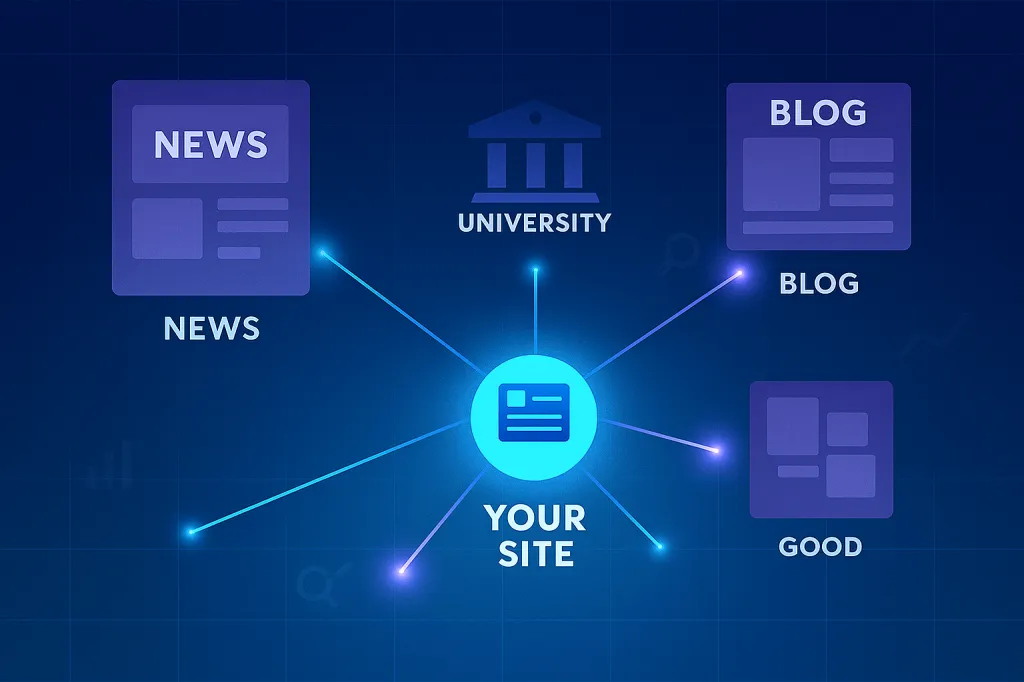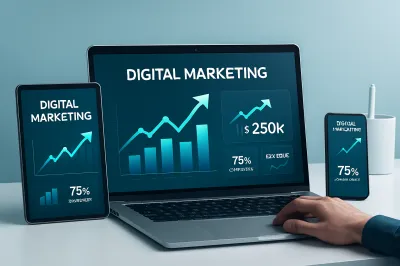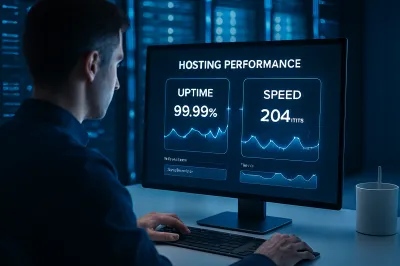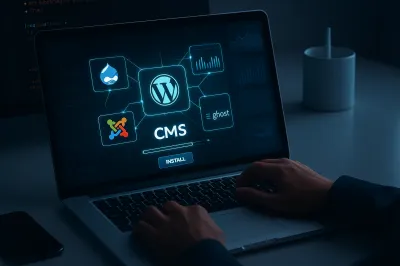Imagine your website is a beautiful, isolated island. You have great content, but no one knows how to get there. Now, imagine other popular, trusted islands building bridges to yours. Suddenly, your island is on the map. In the world of SEO, those bridges are called backlinks.
Backlinks are one of the most powerful ranking factors for Google. This guide will explain what they are, why they're so important, and how you can start attracting high-quality links to your own site.
What Exactly is a Backlink?
A backlink is simply a link from one website to another. When another website links to your page, you have received a backlink from them. In the eyes of search engines, a backlink acts as a "vote of confidence" or a citation.
If a reputable, high-authority website (like a major news outlet or a leading industry blog) links to your content, it signals to Google that your page is a valuable and trustworthy resource. This "trust" or "authority" that gets passed through links is often referred to as "link equity" or "link juice."
Why Are Backlinks Crucial for SEO?
- They Are a Primary Ranking Factor: For years, Google has confirmed that backlinks are one of their top three ranking signals. More high-quality links generally lead to higher rankings.
- They Help Search Engines Discover Your Site: Backlinks provide a path for search engine crawlers to find your pages and index them faster.
- They Drive Referral Traffic: A well-placed backlink on a popular website can send a stream of interested visitors directly to your page, independent of search engines.
- They Build Credibility and Trust: When users see your site being referenced by other trusted sources, it builds your brand's credibility and authority.
Not All Backlinks Are Created Equal: Dofollow vs. Nofollow
It's important to understand that there are two main types of backlinks:
- Dofollow: This is the default, standard type of link. A dofollow link passes authority (link equity) from the linking site to your site. These are the most valuable links for SEO.
- Nofollow: A nofollow link has a special HTML attribute (
rel="nofollow") that tells search engines not to pass any link equity. These are commonly found in blog comments, forums, and social media posts to prevent spam. While they don't directly boost your rankings, they can still be valuable for driving traffic.
How to Start Earning Quality Backlinks (Ethical Strategies)
The best way to get backlinks is to "earn" them by creating content so valuable that other people naturally want to link to it. Here are a few ethical strategies to get started:
- Create "Linkable Assets": This is content that is specifically designed to attract links. Examples include in-depth research reports, comprehensive guides (like this one!), free online tools, and unique infographics.
- Guest Blogging: Write a high-quality article for another reputable website in your niche. In return, you typically get an author bio with a backlink to your own site.
- Broken Link Building: Find a resource page on another site that has a dead link (a "404 error"). If you have a piece of content that would be a good replacement, reach out to the site owner and suggest they replace the broken link with a link to your live page.
- Look for Unlinked Brand Mentions: Use tools to find where your website or brand name has been mentioned online without a link. Contact the author and politely ask if they would be willing to add a link to the mention.
Conclusion
Backlinks are the currency of authority on the web. Instead of chasing hundreds of low-quality links, focus your efforts on creating exceptional content and building genuine relationships within your industry. Remember the golden rule of link building: quality over quantity. A single, powerful backlink from an authoritative site is worth more than a thousand links from irrelevant, low-quality directories. By focusing on earning valuable links, you'll build a strong foundation for long-term SEO success.





